#1 Leaving enough time
Pitfall No.1: Not allowing enough time to scope, finance, locate a site, lease or purchase a site, design, quote, construct and install equipment for the surgery you are envisioning.
For example, many doctors leave the equipment to the very last moment, assuming that there will be stock ready to go. Many equipment manufacturers need to send stock or any custom items from USA or Europe, which can have lead times of up to 20 weeks!
#2 Design and Build
Choose a design/build fitout company who has ongoing experience with dental clinics specifically, as they differ greatly from general medical fitouts, due to the nature of the array of service considerations that run the dental equipment.
For example, each dental chair may need plumbing of air, water, drainage, data ducts, electrical outlets, etc. There are many other considerations such as the suction that needs to run at a constant fall from each chair, to the suction motor, which has a drain directly underneath it. It can be costly or sometimes not possible to have to redirect plumbing after a build is nearing final stages.
#3 Fitout Company
Choose a fitout company who has a reputation of adhering to budget scope, and completion timeframe. There are many design/build fitout companies who quote low, but then regularly submit variation costings at the end of the job. Like-wise there are many companies that do not allow you ownership of your own clinic design. You may find that if you choose not to proceed with the build stage, you are charged an exorbitant fee for the design, yet the next person that comes along can utilise the ideas and plans that you came up with.
#4 Finance
Choose a finance company who best fits your requirements. When being offered an interest free period, or a no repayments timeframe, be sure to understand whether the payments are being compensated for in the latter end of the loan, or whether you are paying more in fees to compensate, or whether another supplier is having to foot the cost of the payments, meaning that you receive a lesser discount than you otherwise would from them.
In many cases, the interest free, or "no repayments" deal is not "free". You will be paying for this somewhere in the financing. Try to avoid this when possible.
#5 Equipment Supplier
Choose an equipment supplier who is an expert on the brand of equipment being offered. There are many equipment suppliers who simply have an order-taking mentality where you choose an equipment model, and they advise the price. In order to get the deepest value for investment, you want someone to take time to understand what type of procedures you do, as an operator - what position do you mostly work from, what is your preference in configuration, and what technology is most beneficial for you.
#6 Specialist Team
Choose an equipment supplier who has team members that specialise in dental ergonomics. You need to be informed about how the equipment will help you eliminate working pain, stress and fatigue, plus maximise your productivity. When you are positioned with the correct posture throughout your day and have everything you need at your fingertips, without having to bend or stretch unnecessarily, you are at your best from start to finish of your day. Lighting is also a vital consideration when working to reduce fatigue. Ensure your supplier can explain any features relating to colour render index, anti-shadowing, and graduated zones of focus which all minimise retina fatigue.
#7 Assess the Total Cost of Ownership
When purchasing your dental equipment the total cost of ownership can be defined as the purchase cost + annual service costs/consumables + any repairs over the 20 years of ownership, as well as the cost of downtime whilst waiting for any parts required.
In order to compare the total cost of ownership, you need to liaise with a dental technical service company who services a range of brands, and sees hundreds of clinics, plus services thousands of chairs every year. They will be able to tell you how the costs vary with regards to: annual servicing, parts, consumables, and the typical issues that they find that are specific to each model or brand of equipment.
You will find that the warranty period has a significant correlation to the level of reliability you can expect, and to the frequency and costing of servicing &/or ongoing repairs. The higher the warranty period, the lesser the running costs. Also, the lower the down-time, and then lesser inconvenience to the clinic, and much less likelihood of income loss caused by down-time.
#8 Capabilities of your Dental Supplier
When choosing equipment, look for a supplier that has a broad product range, and a broad set of technical capabilities, so that you are not needing to engage multiple equipment suppliers that each charge for travel or callout fees. Many people find themselves paying for a dental chair supplier, autoclave calibration company, x-ray compliance testing company, and another company to service their compressor/suction motor. There are economies of scale in having one point of contact, and in having a technician who can potentially look at all of your equipment on one callout, and saving your team from interrupting your clinic each time a separate service company needs to schedule their time. The costs are also significantly less when engaging just one service company.
#9 Specialist & Technical Support
There is a risk of incompatible equipment models, software or operating methods when working with a "Frankenstein" of equipment bits and pieces from different companies. There can also be problems when it comes to taking responsibility for an issue which may involve multiple integration points - which is managed by multiple different companies, can result in companies off-loading issues to the other parties, which may mean that you have issues that can not be resolved.
When purchasing a complementing set of equipment, there is significant value added to the process when you can partner with a team that works together. Ideally, you would work with an 'Equipment Sales Specialist' who works alongside technical experts from the beginning of the process - not just after the sale. This way you can be sure that the team take responsibility for any issues, and work to a resolution. You know you have adequate levels of support when you have the combined offering of an equipment supplier who provides you with a local technical expert, additional support of an Australian-based manufacturer office, and if ever needed - the support of the factory engineers. When you have the combined support of local, national and international experts, you have an unbeatable team that safeguard your clinic so that no issue will cause extended downtime.
#10 Training and Systems
Pitfall No.10 revolves around equipment and systems training, plus ongoing support. It is never good to hear about doctors that have purchased equipment only to have their supplier drop them like a hot-cake after the sale has been completed. In many cases, doctors are not adequately trained, do not have access to technical support, or when they call an equipment supplier, the people manning the phone are not able to understand what type of equipment the doctor has. This means that they are unable to assist with ordering the relevant parts or consumables. Some equipment suppliers do not even have the minimum coverage of rural areas should an issue arise.
It is important that you have the list of contacts of who you should call when you have a technical issue when you want to book in an annual service, who your contact regarding warranty is, who you order consumables through, and who you ask for quotes of further equipment.
Contact Us!
Whether you are starting a new practice, updating your equipment or require advice on how to streamline your practice's efficiency strategy, we'd love to hear from you.



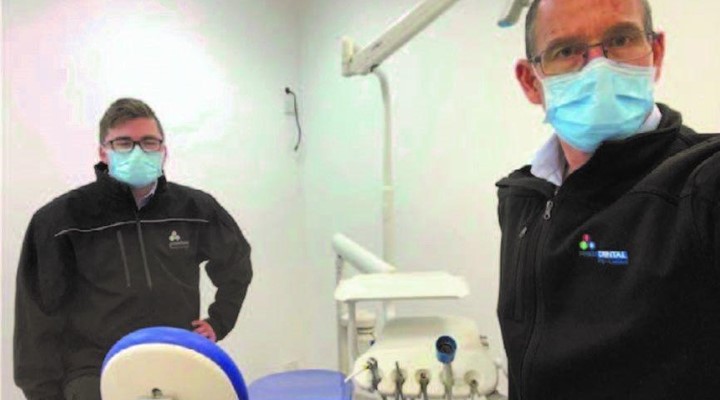
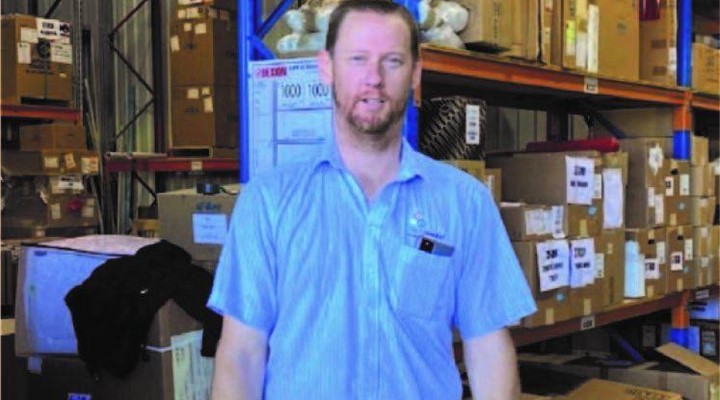

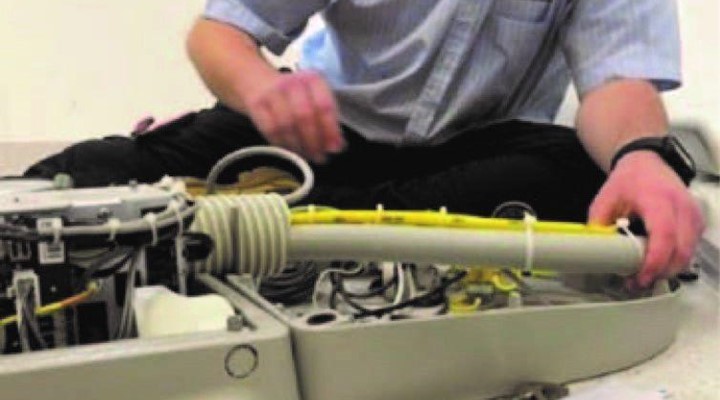
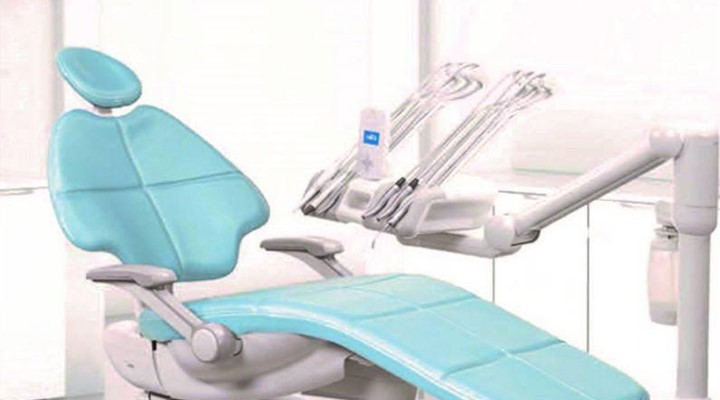










-160x160-state_article-rel-cat.png)




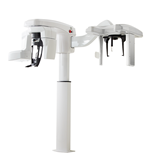
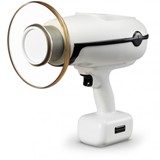
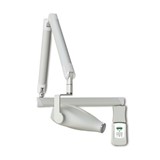
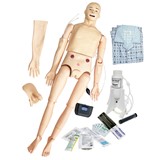


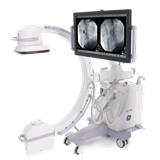


-205x205.jpg)
-205x205.jpg)
-205x205.jpg)
-205x205.jpg)
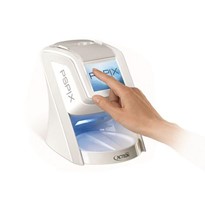
-205x205.jpg)
-205x205.jpg)
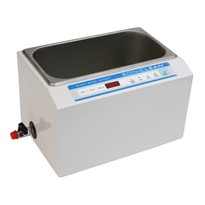
-205x205.jpg)